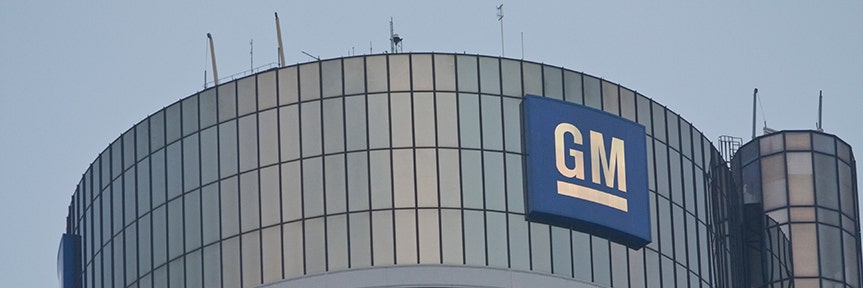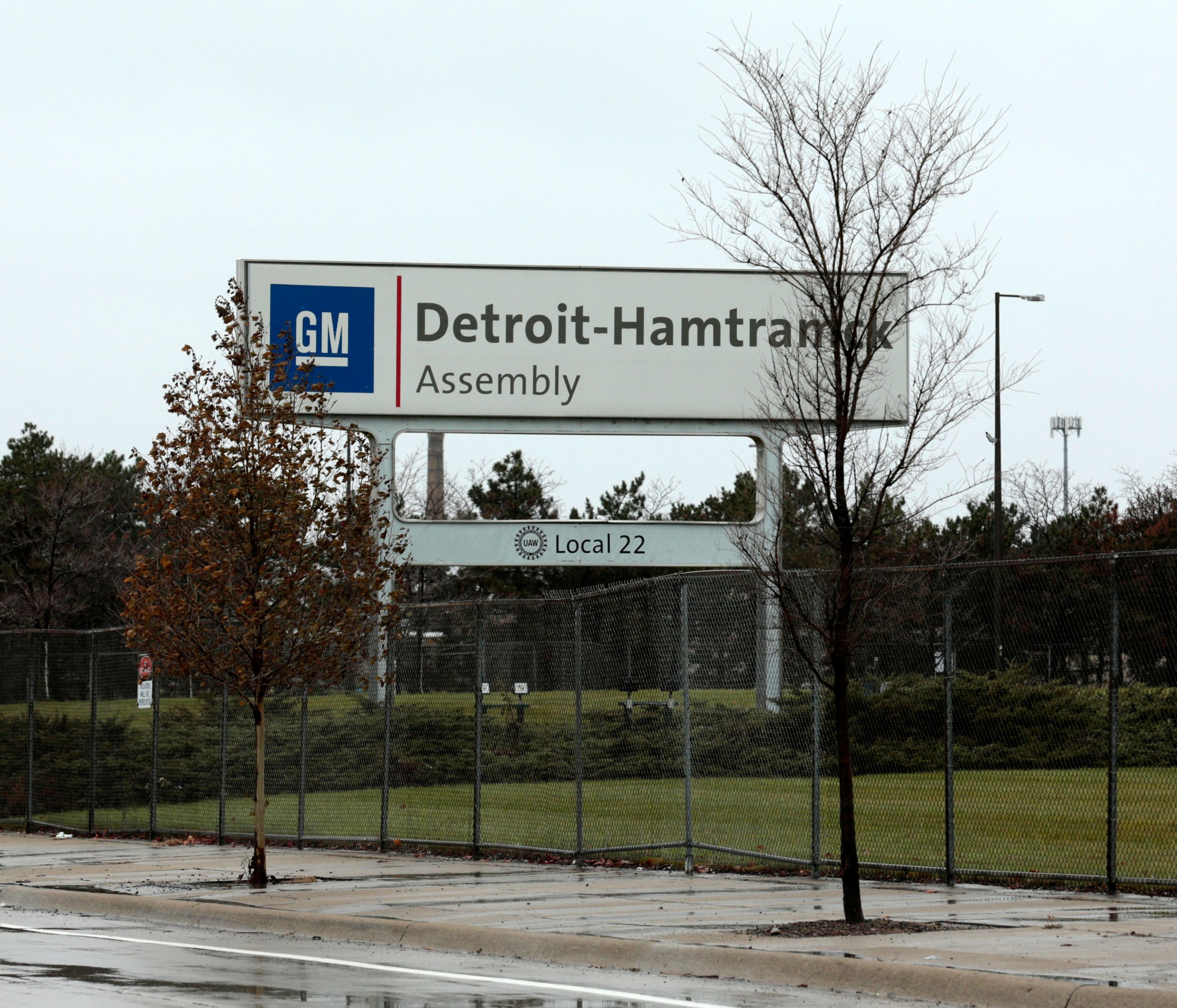Originally posted by onejayhawk
View Post
Lower prices in bonds don't "suck the money out of the stock market" -- the higher yields of treasuries do. When you buy bonds with lower prices, you're getting the bonds with lower yields. When the 10-year treasury yield hits 3%, many institutions move money into the less risky world of bonds.
Furthermore, a rising interest rate environment, as I said before, is usually a bad environment for stocks because companies now face higher borrowing costs, as do consumers, and therefore spending drops.
 - Wonderboy
- Wonderboy






Comment